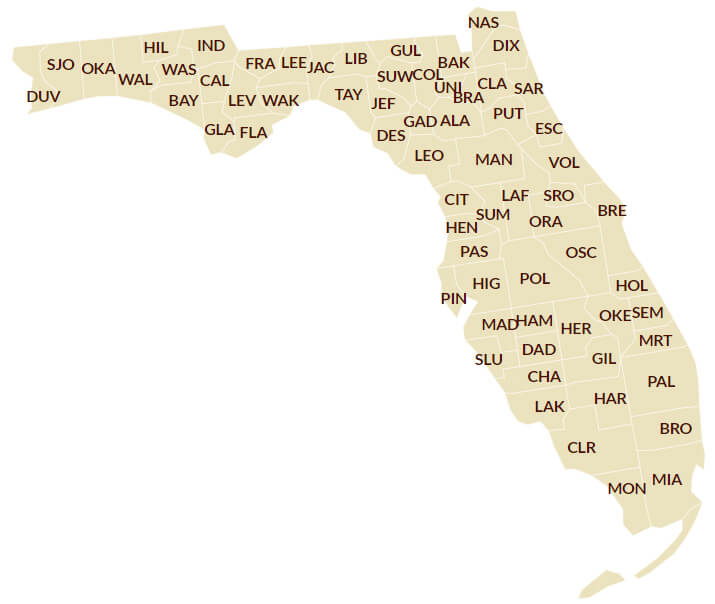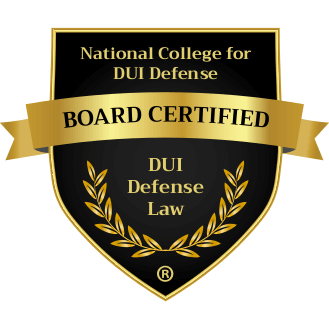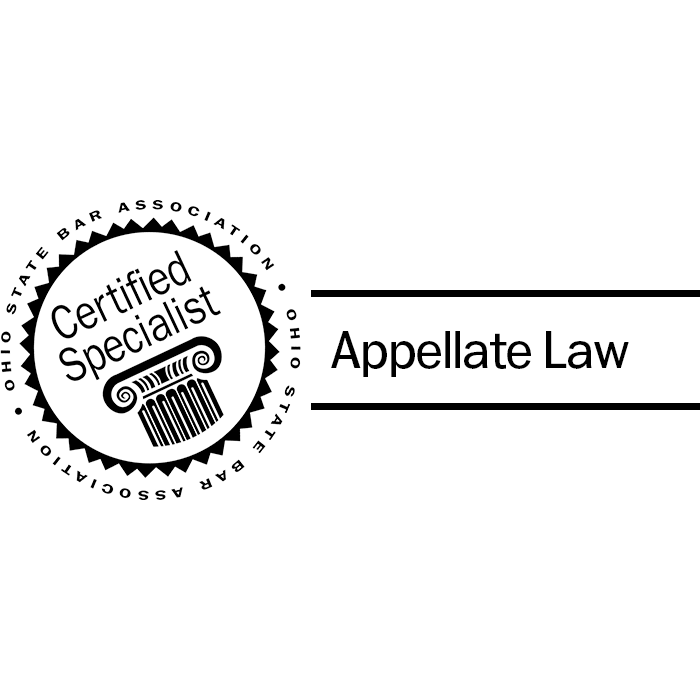The minimum standards for obtaining certification as a specialist in criminal law are found in Rule 6-8.3.
(a) Substantial Involvement and Competence. To become certified as a criminal trial lawyer, an applicant must demonstrate substantial involvement and competence in criminal trial law. Substantial involvement and competence shall include the following:
(1) At least 5 years of the actual practice of law of which at least 30 percent has been spent in active participation in criminal trial law. At least 3 years of this practice shall be immediately preceding application or, during those 3 years, the applicant may have served as a judge of a court of general jurisdiction adjudicating criminal trial matters.
(2) The trial of a minimum of 25 criminal cases. Of these 25 cases, at least 20 shall have been jury trials, tried to verdict, and at least 15 shall have involved felony charges; and at least 10 shall have been conducted by the applicant as lead counsel. At least 5 of the 25 cases shall have been tried during the 5 years immediately preceding application. On good cause shown, for satisfaction in part of the 25 criminal trials, the criminal law certification committee may consider involvement in protracted litigation as defined in rule 6-8.2(e).
(3) Submission of a criminal trial court memorandum or brief prepared and filed by the applicant within the 3 year period immediately preceding application. Such document shall be substantial in nature, state facts and argue various aspects of criminal law. The quality of this memorandum or brief will be considered in determining whether an applicant is qualified for certification.
(4) Within the 3 years immediately preceding application, the applicant's substantial involvement must be sufficient to demonstrate special competence as a criminal trial lawyer. Substantial involvement includes investigation, evaluation, pleading, discovery, taking of testimony, presentation of evidence, and argument of jury or non-jury cases. For good cause shown, the criminal law certification committee may waive 2 of the 3 years of substantial involvement for individuals who have served as judges. In no event may the year immediately preceding application be waived.
(b) Peer Review.
(1) The applicant shall submit the names and addresses of at least 4 lawyers, who are neither relatives nor current associates or partners, as references to attest to the applicant's substantial involvement and competence in criminal trial practice, as well as the applicant's character, ethics, and reputation for professionalism. Such lawyers shall be substantially involved in criminal trial law and familiar with the applicant's practice.
(2) The applicant shall submit the names and addresses of at least 2 judges before whom the applicant has appeared on criminal trial matters within the last 2 years, or before whom the applicant has tried a criminal trial to jury verdict, to attest to the applicant's substantial involvement and competence in criminal trial practice, as well as the applicant's character, ethics, and reputation for professionalism.
(3) Peer review received on behalf of the applicant shall be sufficient to demonstrate the applicant's competence in criminal trial law, character, ethics, and professionalism. The criminal law certification committee may, at its option, send reference forms to other attorneys and judges.
(c) Education.
The applicant shall demonstrate that during the 3-year period immediately preceding the filing of an application, the applicant has met the continuing legal education requirements necessary for criminal trial certification. The required number of hours shall be established by the board of legal specialization and education and shall in no event be less than 45 hours. Accreditation of educational hours is subject to policies established by the criminal law certification committee or the board of legal specialization and education.
(d) Examination.
Every applicant must pass an examination designed to demonstrate sufficient knowledge, skills, proficiency, and experience in criminal trial law, application of constitutional principles, and rules of criminal procedure to justify the representation of special competence to the legal profession and the public.























































